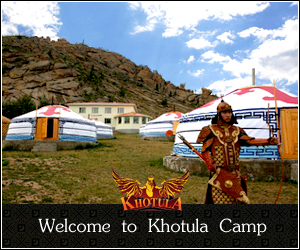
Among nomads, the Mongol Empire did not emphasize the importance of ethnicity and race in the administrative realm, instead adopting an approach grounded in meritocracy. However meritocracy was not used with Genghis Khan and his family. The Mongol Empire was one of the most ethnically and culturally diverse empires in history. Because of its enormous [...]














